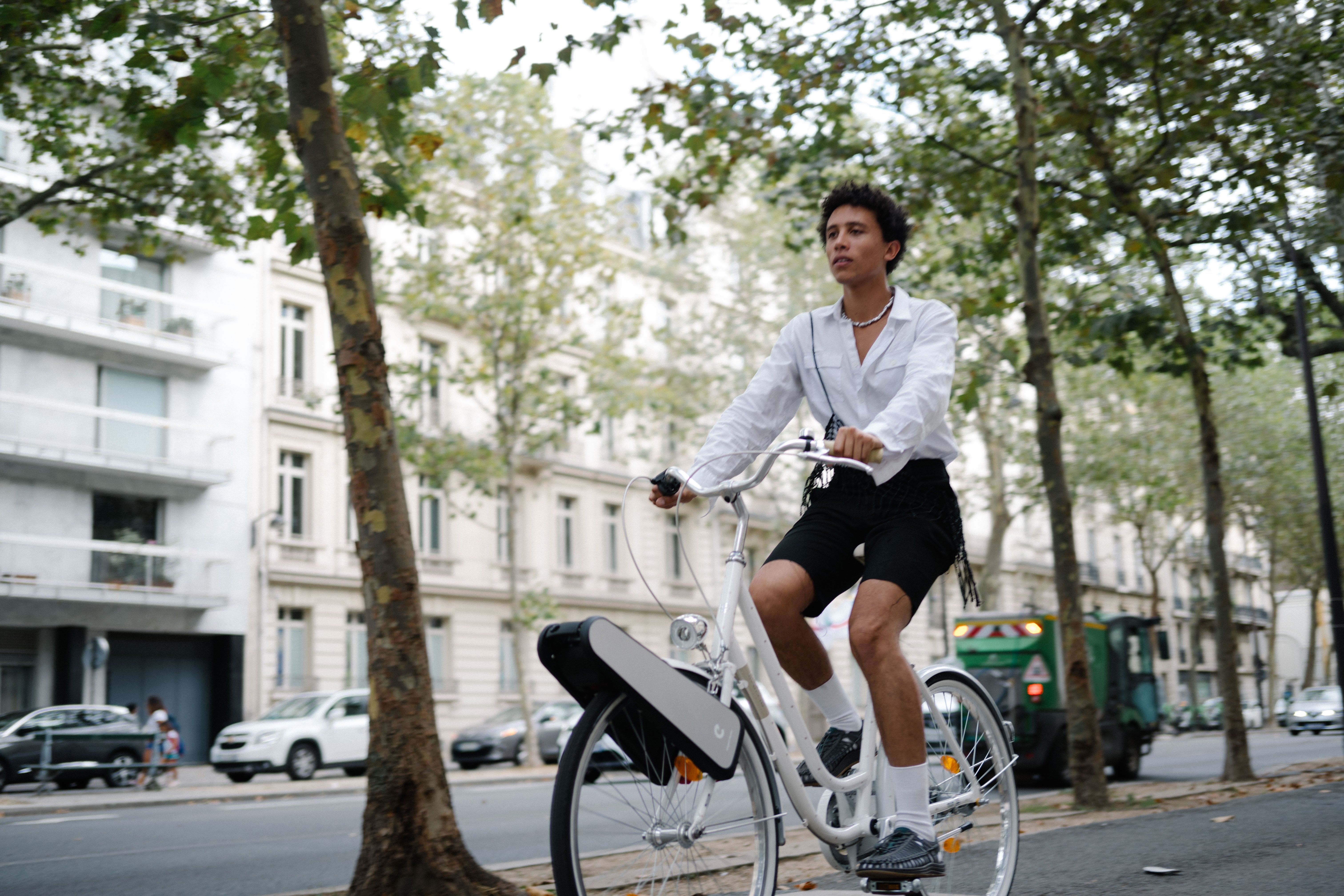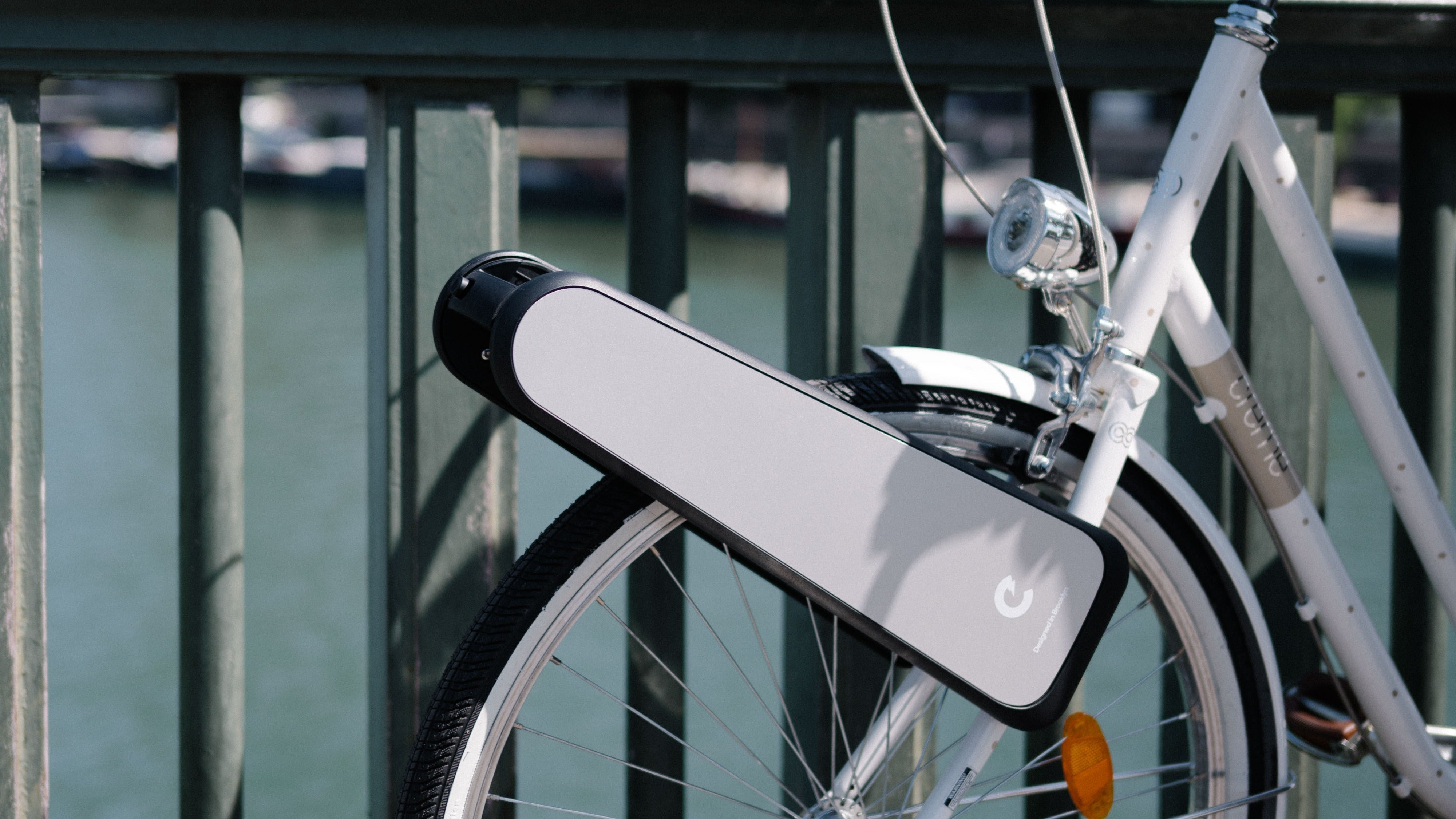Along with many of my Gen-Z peers, I grapple with climate anxiety.
To prevent irreversible climate catastrophe, scientists and policymakers are urging the U.S. to reduce at least 45% of emissions by 2030. In 2021, the transportation sector was the most responsible (29%) for U.S. anthropogenic greenhouse gas emissions.
It is clear that we need to significantly decarbonize transportation to ensure a sustainable planet for generations to come. But as a young environmental advocate, I recognize that my generation has the opportunity to disrupt the status quo established by previous generations before me.
A recent study identified that Gen-Zers in Europe are leading the sustainable commuting movement by opting for more public transportation than older age groups.
The desire for cleaner modes of transportation are increasing largely due to growing concerns around climate change. For example, the global e-bike market was valued at 49.1 billion in 2021 and is projected to reach a value of 86 billion by 2028.
I joined CLIP as a New York State Energy Research and Development Authority (NYSERDA) Climate Justice Fellow because the company’s approach is a quick and cost-effective way to meet critical climate targets within the transportation sector.
To ensure an equitable transition into clean micro-mobility, it is essential to eliminate any barriers that could deter rider participation, especially those in low-income communities. Historically marginalized groups should be prioritized in clean transportation initiatives since they are the ones most impacted by climate change.
Climate justice means that no one is robbed of a climate-friendly future.
Before I began my fellowship with CLIP, I never envisioned commuting to work by bike mainly due to concerns of arriving to the office exhausted and sweaty. With CLIP instantly electrifying my bike, I am reconnecting with my inner child and the joy that biking brings.

CLIP upgrades any bike into an e-bike, but at a fraction of the cost of a traditional e-bike. This device contributes to a circular economy (less waste!) leveraging the 2 billion analog bikes already in circulation globally. CLIP’s manufacturing emissions impact is also 3.5x less than that of an e-bike and 37.3x less than an electric car.
Everyday, I bike to work feeling a bit more hopeful.
Not to be dramatic, but regularly biking has significantly increased my quality of life. Beyond the physical perks of cycling, research shows that stress reduction and enhanced moods are other internal benefits that riders experience.
It is easy to succumb to the doom and gloom narratives around climate change, but that leads to apathy and inaction.
As the biggest metropolitan on earth, New York City has the exciting opportunity to become a leader in sustainable transportation. Initiatives like CLIP is a positive reminder that the best solutions come from centering both people and the planet.






